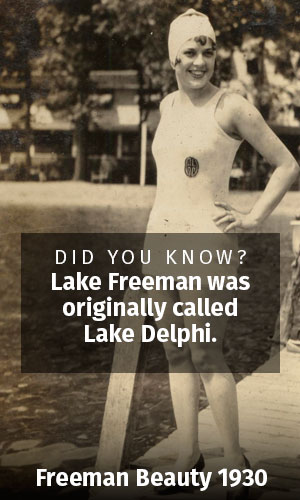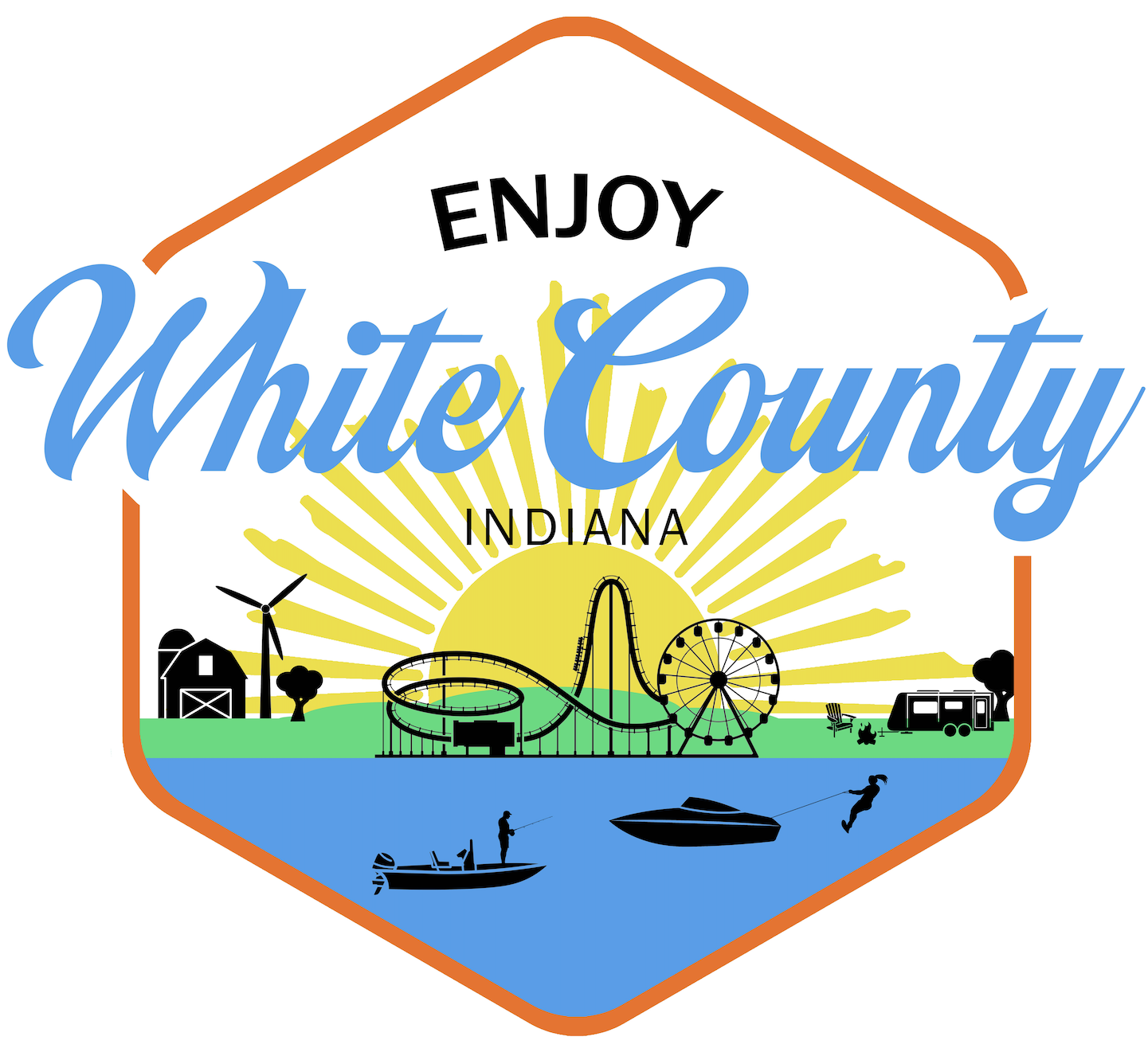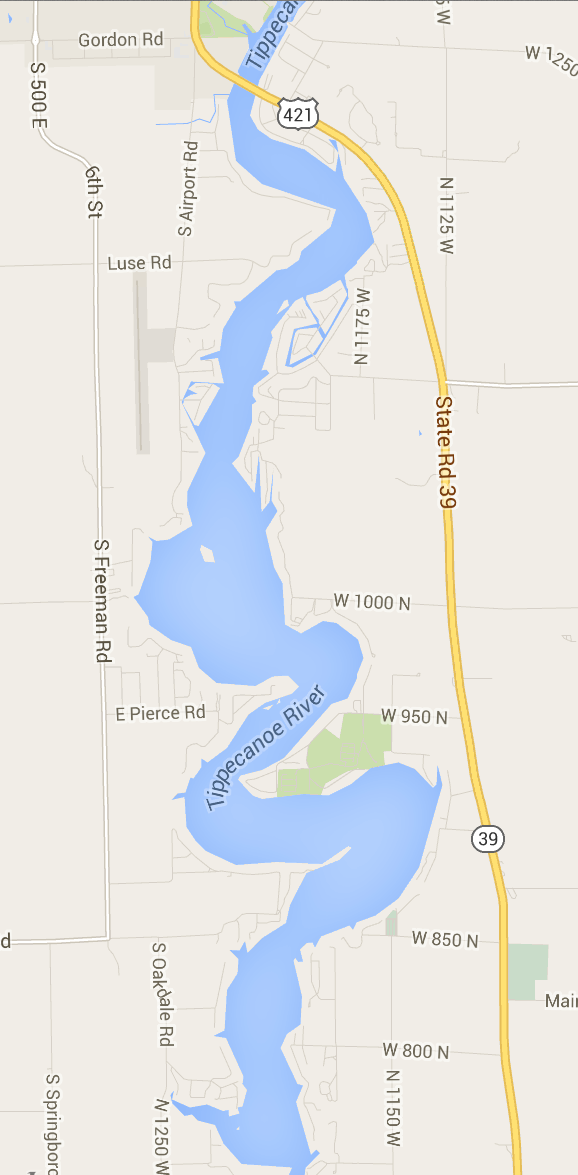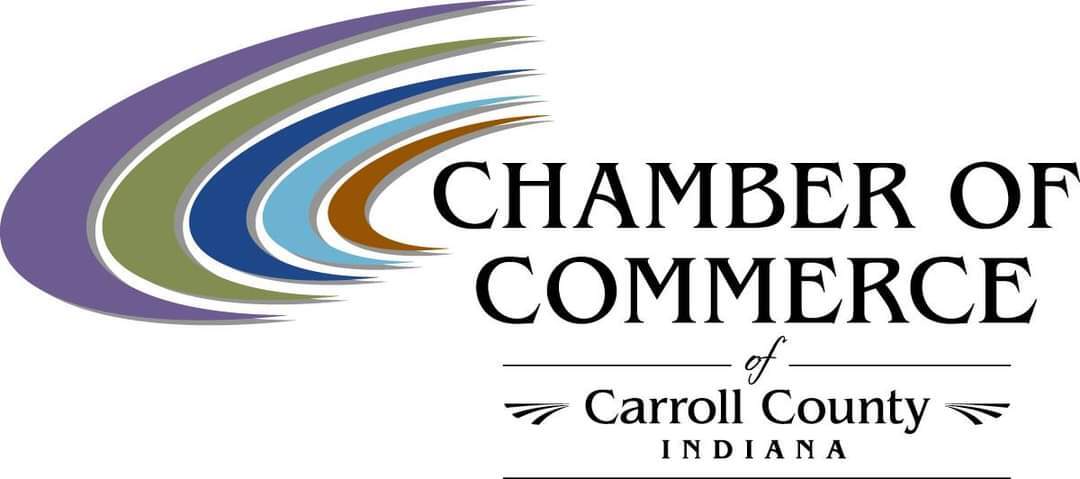Lake Freeman News

A Touching Video “A Good Run”
Here is an incredibly touching show that recaps one mans memories and gets to the heart of the special experience that is boating. We’ve all had many of these moments on Lake Freeman. It was produced and posted courtesy of Discover Boating. Enjoy!

USFWS is looking to designate many areas in the US as “Critical Habitat” in unlawful power grab.
Looks like the US Fish and Wildlife Service is looking to expand its authority over some U.S. and Indiana rivers including the Tippecanoe. Todd Rokita, now Attorney General of Indiana and 17 other Attorney’s General are saying it’s an unlawful power grab. “We need commonsense policies that conserve both wildlife species and constitutional government,” Attorney General Rokita said. “We can protect jobs, the economy and wildlife all at the same time.”
The proposed rules would enable the Fish and Wildlife Service to designate land parcels as indispensable habitat for endangered species — even if no such species inhabit the parcels.
“We all want to save endangered wildlife,” Attorney General Rokita said. “And we all want to preserve the critical habitat where they live. As it turns out, these new rules don’t protect wildlife — and they literally violate the Endangered Species Act.”
In a letter, Attorney General Rokita and other state attorneys general press federal officials to withdraw their ill-advised plans which will potentially put local businesses in peril.
“We are taking action because these proposed new rules represent a power grab,” Attorney General Rokita said. “These new rules infringe on Indiana’s constitutional authority over our own natural resources and fail to provide additional meaningful protection to endangered wildlife species.”
Attorney General Rokita has a long history of defending Hoosiers and the Indiana economy against federal overreach in matters involving habitat and wildlife.
“If these regulations were to go into effect, the businesses and economy of places like the Twin Lakes would be in greater danger,” Attorney General Rokita said. “Look what the current regulations have done to contribute to draconian actions that have ruined the local economy during some years.”
When he served in Congress, Attorney General Rokita fought federal policies that forced the draining of Lake Freeman and Lake Shafer in northwestern Indiana as part of U.S. Fish and Wildlife efforts to protect endangered mussels in Tippecanoe River. Such federal mandates wreaked havoc on the seasonal economies of Monticello and surrounding communities.
“We need commonsense policies that conserve both wildlife species and constitutional government,” Attorney General Rokita said. “We can protect jobs, the economy and wildlife all at the same time.”
It’s nice to see our local, state and federal politicians awake and angry. A copy of the letter is attached to read and download.
Also in breaking news, the Indy Star reported yet another freshwater mussel is being proposed for addition to the federal endangered species list. The Salamander Mussel which is basically starts off as a parasite! Can’t make this stuff up, amazing.
Much more to come.
Here is access to the letter—
https://content.govdelivery.co…

Snacks at Susan’s
When your boat is thirsty for gas, make sure you satisfy your hunger pangs too. Susan’s Freeman Bay is the place to fuel up for everyone. Now her snack list is posted on the gas pumps. Susan also has a brochure so you can be prepared when you dock.She has about anything you could possibly want. And lots of cool merchandise inside, but you can’t go in right now so ask. The gals who work the dock are working their tails off, give a tip!

A Nostalgic Video From Indiana Beach

Saw this on You Tube and thought I’d share. Welcome back Indiana Beach!.

NATURE UPDATE
Lake Freeman Welcomes the Beautiful White Pelican
Beautiful White Pelicans have found Lake Freeman to be a nice resting spot from their winter breeding grounds in Minnesota. I guess Monticello Indiana is now on their migratory route. The story above indicates Missouri is their main route. It seems that February and March are now prime bird watching months on the Lake. Bald Eagles, Swans, Sand Cranes, Blue Herrin and now White Pelicans! Bust out your binocular’s and start scanning the waters. We are truly blessed to share our lake with these incredible creatures.

People like boat rides and fishing
In our recent survey, over 200 people responded to what they really enjoy on Lake Freeman. Overwhelmingly it is boat rides followed by fishing. The surprising thing to us was how low sitting around a bon fire was. But hey, we get it, there are so many beautiful homes to look at. Fishing was second and that’s no surprise. The stocking program has proven to be a success. Crappies, Silvers, Walleye are all being pulled out big and healthy. There is another survey currently on our home page, please offer your opinion.


The best time to fish
Fishing on Lake Freeman is always good, but best before Memorial Day and after Labor Day due to lower recreational use.










